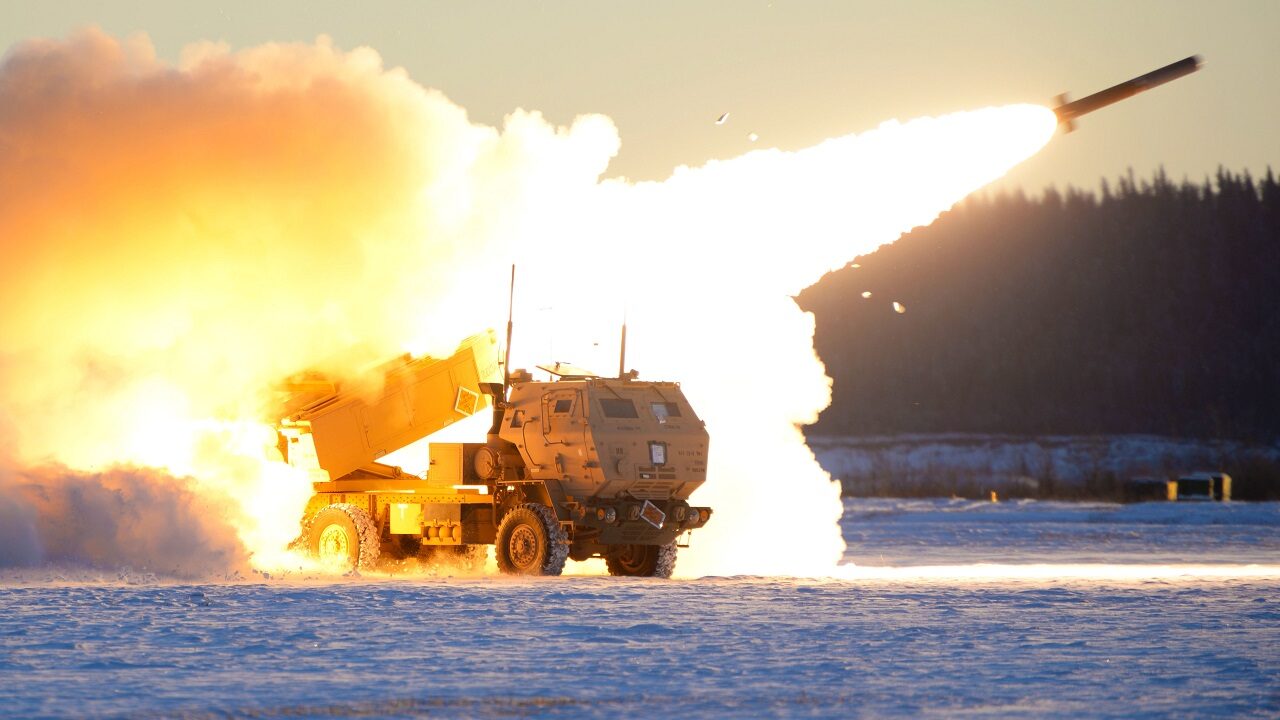Last September, in an event full of fanfare, Russian President Vladimir Putin formally annexed four Ukrainian provinces into Russia.
According to the Kremlin, Donetsk, Luhansk, Zaporizhzhia, and Kherson are now officially part of Russia. The illegal annexations followed a series of bogus referenda in the occupied provinces, in which Ukrainians were forced to vote the way Moscow wanted out of fear for their lives.
Moreover, the annexations took place despite the fact that there is active fighting in large portions of these four provinces, and they remain contested. For example, the whole western part of the Kherson Oblast, including the capital of the province, Kherson City, have been liberated by the Ukrainian military, while in Zaporizhzhia, the Ukrainian forces are liberating more territory every day.
The Kremlin is trying to increase its grip on the occupied territories through propaganda.
Propaganda to Control Ukraine
Ukrainians in several parts of the Russian-occupied provinces of the country are now receiving Russian-language news through television and radio. This phenomenon is more prevalent in the so-called Donetsk People’s Republic, or DPR.
“DPR-government-controlled and aligned broadcasters also rebroadcast Russian national news programming as part of a propaganda campaign but did not provide regional bulletins,” the British Military Intelligence assessed in a recent estimate on the war.
Naturally, the news provides Moscow’s version of the war to those watching in an effort to shape the informational environment.
But the Russian authorities have faced challenges in setting up and operating the channels.
“Broadcasting VGTRK in Donetsk has taken over a year to achieve, having first been announced in 2022. This was almost certainly due to the refusal to work of trained local technicians,” the British Military Intelligence added.
Ukrainians in the occupied territories still have access to Ukrainian broadcasting services via the internet—sometimes, a virtual private network is necessary to access the information. Ukrainian mobile phones also still work, and the Russian forces are even using them to communicate on occasion because of their unreliable radio communications.
Russifying Ukraine
The Russian government is trying to Russify the occupied territories in a desperate attempt to increase its negotiating power when peace talks with Kyiv begin. Moscow has been forcing Ukrainians to receive Russian passports as well as send children to Russia for their education. As with Crimea in 2014, Moscow is likely to argue that these territories are ethnically Russian and wish to remain part of Russia.
The United States and large parts of the international community have branded Russia’s actions in occupied Ukraine as genocide and crimes against humanity.
All of this is taking place against the backdrop of heavy fighting in southern Ukraine and the Donbas. The Ukrainian forces are making steady progress every day, and a potential operational breakthrough would redraw the battlefield in major ways.
The Kremlin is taking measures to legalize its illegal invasion of Ukraine. Whether it will do so effectively before the Ukrainians reach those territories remains to be seen on the battlefield.
A 19FortyFive Defense and National Security Columnist, Stavros Atlamazoglou is a seasoned defense journalist specializing in special operations and a Hellenic Army veteran (national service with the 575th Marine Battalion and Army HQ). He holds a BA from the Johns Hopkins University, an MA from the Johns Hopkins’ School of Advanced International Studies (SAIS), and is pursuing a J.D. at Boston College Law School. His work has been featured in Business Insider, Sandboxx, and SOFREP.

